Summertime and cookouts often go hand-in-hand. From barbecued ribs to potato salad and sweet treats, many family gatherings revolve around this warm weather tradition. Our pets are family, and most pet owners want to include their pets in family gatherings and activities. Many pets enjoy the added attention from visiting family members, and they likely will drool in anticipation of a delicious piece of steak or burger that may accidentally fall from the grill. However, grilling and cookout activities can be dangerous to pets, and lead to burns, skin irritations, choking, and sometimes deadly gastrointestinal (GI) problems. Our Fairfax Veterinary Clinic team wants to ensure your pets are safe during summertime cookouts, so follow these five cooking safety tips.
#1: Keep your pet away from the grill while cooking
The sizzling aroma of fresh meats and veggies on the grill can be enticing not only to people, but also to pets. However, an active grill holds many pet hazards. The National Fire Prevention Association states that pets should be kept more than three feet from grills, because the dangerous grilling flames and heat can lead to burned paws and singed whiskers on curious noses. Therefore, never leave an active grill unattended. Additionally, ensure you prevent pets from accessing the fat and meat trimmings that build up and become trapped below the grill. Pets lack the proper enzymes to digest rich, fatty foods, and ingestion can result in GI distress, inflammation, or potentially deadly pancreatitis.
#2: Never leave grilling accessories in a pet accessible area
Many tools are required to ensure a successful grilling venture. However, these tools can injure pets. Ensure you keep all grilling tools, such as skewers and cooking tongs, out of paws’ reach to prevent traumatic injuries from sharp edges, or burned tongues in pets trying to sample your recipes. Additionally, store charcoal bags in a pet-safe location to prevent ingestion. Although charcoal is not toxic to pets, ingestion can still lead to GI problems, choking, or blockages that may require surgery in some cases. Store all plastic ware and storage containers in a non-pet-accessible location, to prevent a dangerous ingestion. Your pet also may be tempted to lick residual food particles off foil, and accidently ingest some of the foil, which can lead to GI blockages. Diagnosing this type of blockage can be challenging, because foil is not visible on an X-ray.
#3: Avoid sharing your plate with your pet
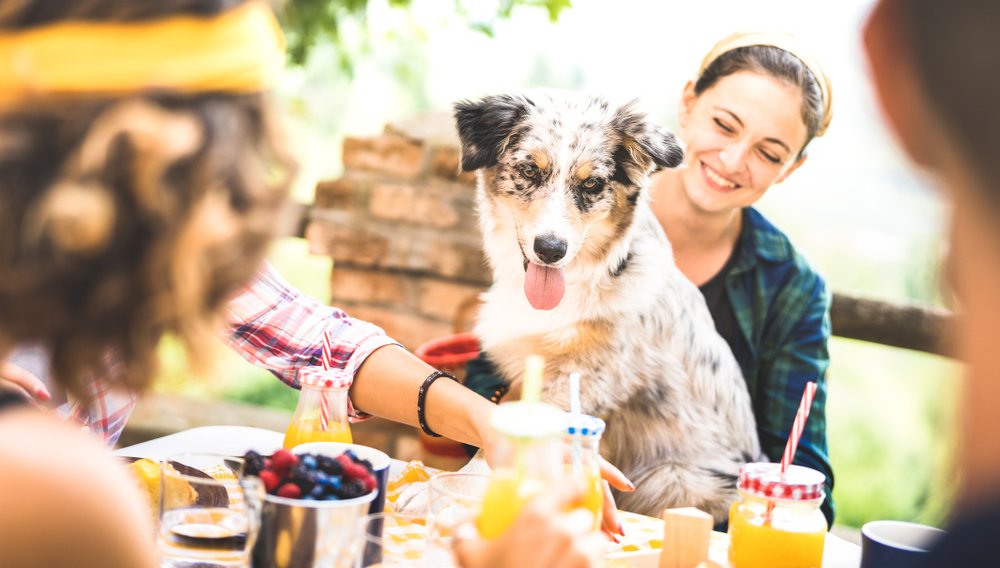
We understand that your pet’s longing eyes and drooling muzzle can be impossible to ignore while you prepare your barbecue feast. However, many popular grilling foods, spices, and side dishes are dangerous to pets, and can lead to GI inflammation, blockages that may require surgery, or potentially deadly toxicities. Never hesitate to call our Fairfax Veterinary Clinic if you are concerned that your pet has ingested a toxic food, and always keep the ASPCA Animal Poison Control number readily available. Common cookout foods dangerous to pets include:
- Bones
- Raw meats
- Hot dogs
- Garlic, onions, or other members of the Allium family
- Ketchup
- Corn cobs
- Salty snacks, including pretzels, chips, peanuts, and popcorn
- Desserts, or any chocolate
- Alcoholic beverages or desserts with alcohol
- Sugar free foods, such as jello
#4: Use caution with bug repellent and sunscreen around pets
The rising temperatures bring an abundance of biting insects, including mosquitoes and fleas, which can carry infectious diseases and parasites dangerous to pets. Bug repellent and citronella candles are as much summer staples as swimsuits and cookouts. However, never use human-intended insecticides on your pet, and ensure your pet is a safe distance away when you apply bug spray to yourself or in the yard. Most commercial repellents contain ingredients that are dangerous to pets. Veterinary prescribed flea, tick, and heartworm prevention products are the safest, most effective way to protect your pet from hitchhiking pests. Additionally, excess ultraviolet exposure can lead to sunburn, or skin cancer, in some breeds. Never apply sunscreen directly on your pet without veterinary advice. Many human sunscreens contain ingredients such as zinc oxide, or para-aminobenzoic acid, that are toxic to pets.
#5: Ensure your pet can be identified
You can easily become distracted during the chaos of family or friends arriving to share the fruits of your barbecue labor. Ensure that your pet is microchipped, and wearing a secondary identification such as an embroidered collar or tag. Curious pets may accidentally sneak out the front door during the excitement of arriving guests. A microchip is the safest, most effective, and only permanent means of identifying your pet, should they go on an unplanned adventure. Always ensure your pet’s microchip registration is kept up to date with your current contact information.
Call our Fairfax Veterinary Clinic office if your pet gets into trouble during a cookout, to schedule an appointment to ensure they are properly protected from flying or crawling parasites, or to get them microchipped.




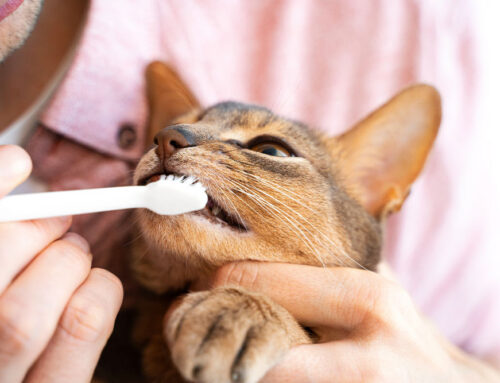
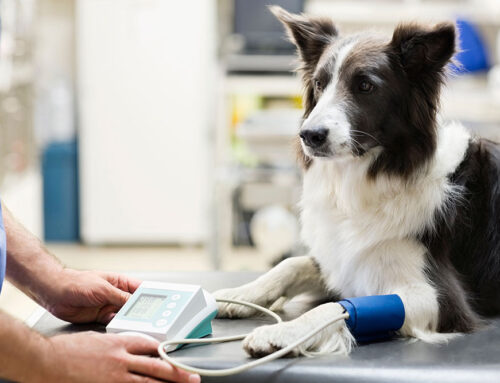
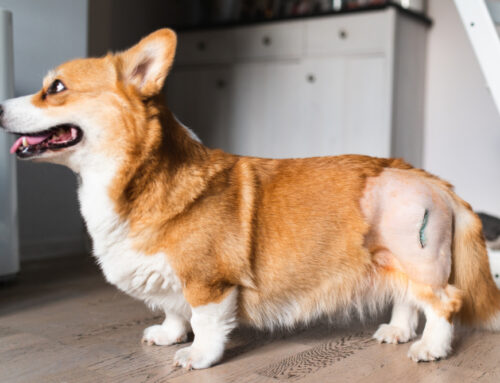
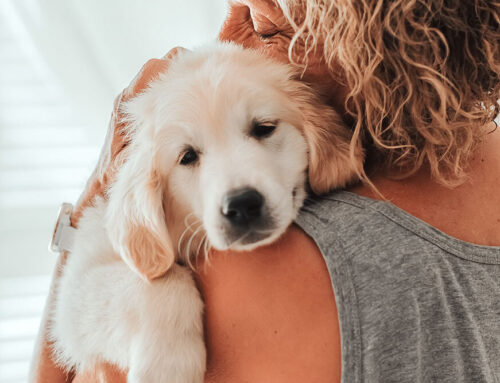
Leave A Comment